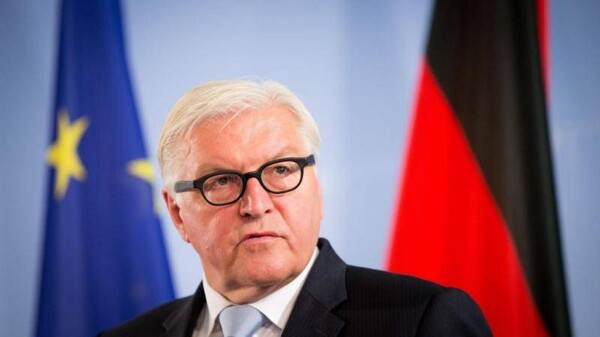
The far-right Alternative for Germany (AfD) demanded Friedrich Merz to step down after failing in his election as chancellor in the first vote in the German Bundestag, also calling for new elections. Conservative Friedrich Merz did not manage to secure the necessary 316 votes to achieve the required majority, falling six votes short, which constitutes an unprecedented event in the history of the Federal Republic of Germany.
The AfD's position was clear regarding Merz's withdrawal and the call for new elections, reaffirming its readiness to take on government responsibilities. This setback for Merz in his attempt to become the new German chancellor was evident in the Lower House of Parliament, marking a milestone in the political history of the country.
In this context, the pressure exerted by the far-right AfD on Merz highlights the political tensions in Germany in light of the election of the new leader of the country. The lack of necessary support in the vote reveals a challenging scenario for Merz in his aspiration to become chancellor, underscoring the complexity of the negotiations and alliances required in the current German political landscape.















